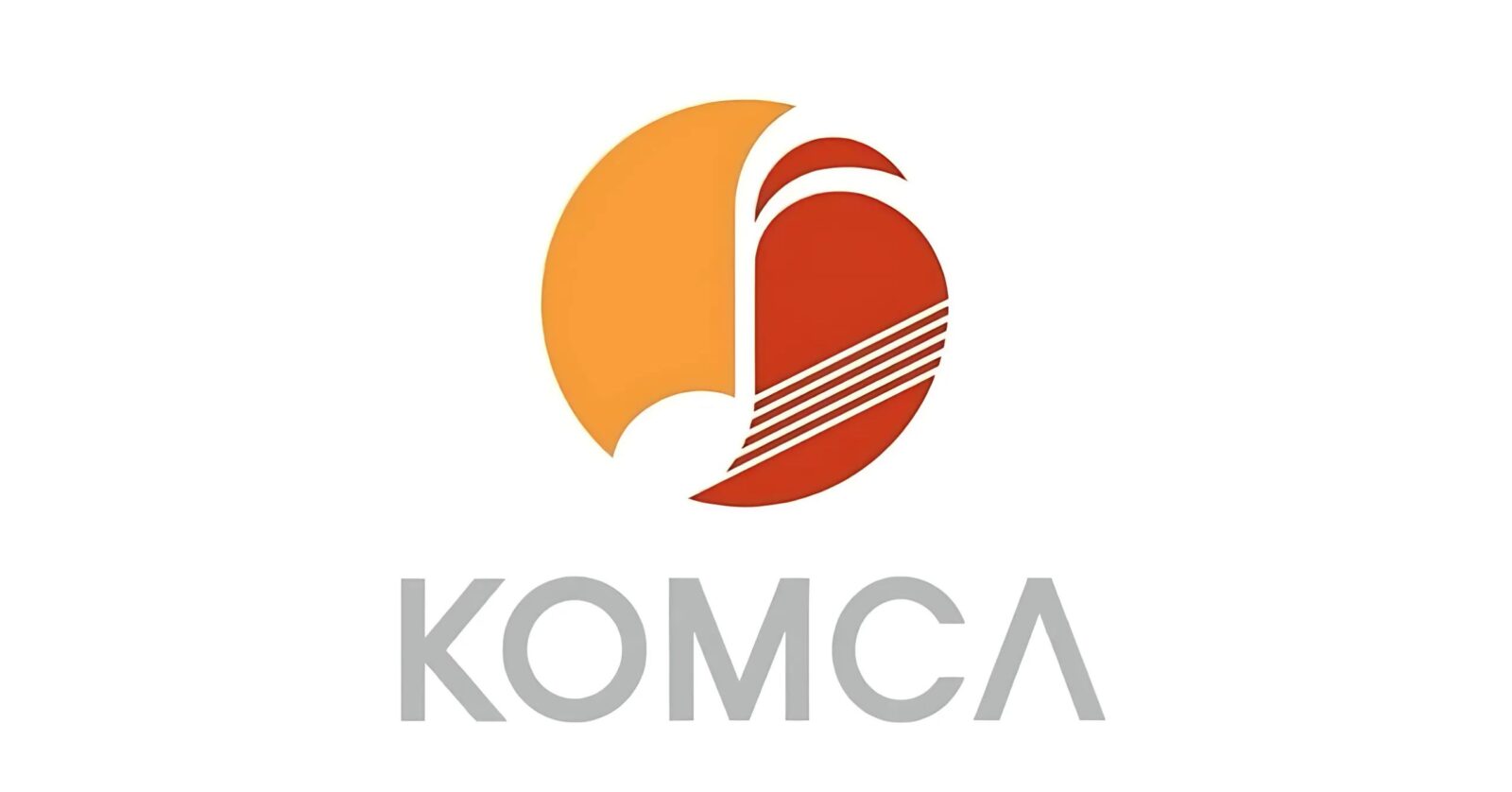South Korea’s Korean Music Copyright Association (KOMCA), the country’s largest music copyright collective, has introduced a new policy requiring creators to guarantee that artificial intelligence (AI) was not involved in the creation of songs when registering them with the organization. The move comes amid the rapid rise of AI-generated music and the lack of established legal standards for AI’s role in copyright, both in South Korea and the rest of the world.
Effective March 24, 2025, creators must confirm, via a checkbox, that their submitted works are entirely human-created and free from AI involvement. This new policy aims to ensure the integrity of the music registration process at a time when AI’s presence in music production is growing. If it is found that a creator falsely claimed human-only authorship and AI was involved, KOMCA reserves the right to withhold royalties or even remove the work from its catalog. However, this policy applies specifically to the composition of music — not to recordings.
KOMCA, which represents over 30,000 songwriters, composers, and music publishers, administers a catalog of over 3.7 million works, including hits from artists like BTS, Psy, and EXO. However, KOMCA’s policy doesn’t extend to K-pop company practices, where AI is already being used in recordings, such as HYBE’s AI-translated vocal lines for multi-language releases.
KOMCA’s stance, requiring “0% AI” in song creation, is more stringent than South Korea’s broader legal position on AI-generated works. In 2023, the Korea Copyright Commission and the Ministry of Culture, Sports, and Tourism clarified that fully AI-generated works cannot be copyrighted, but human-created elements within AI-assisted works may still be eligible for protection.
The move by KOMCA aligns with the ongoing debate over AI’s role in copyright across the globe. In the United States, a 2023 ruling by the U.S. Court of Appeals upheld a lower court decision stating that works created entirely by AI cannot be copyrighted. The case involved Dr. Stephen Thaler, who sought to register works created by his AI tool, “Creativity Machine,” but was denied on the grounds that the Copyright Act requires human authorship.
While the U.S. Copyright Office (USCO) maintains that AI-generated works cannot be copyrighted, it has clarified that works involving AI assistance, as long as they contain significant human input, still remain eligible for copyright protection.
As AI’s influence on the creative industries grows, KOMCA’s policy marks an early step in navigating the intersection of technology and copyright law — underscoring the need for clear guidelines as the legal landscape continues to evolve.

